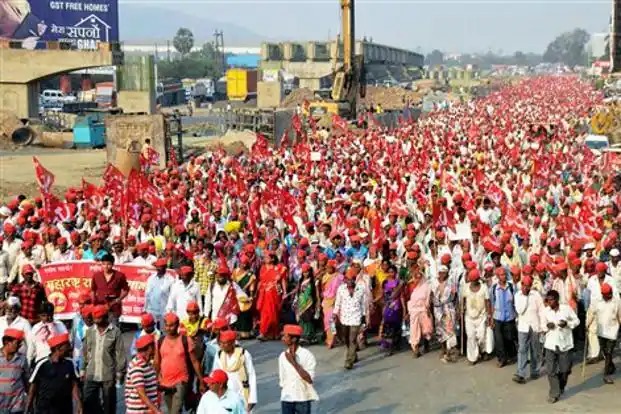In a bid to curb rising food prices and ensure the availability of essential commodities, the Central government has implemented a series of measures in the past 48 hours. The move comes amidst apprehensions over the kharif and rabi harvests, with a focus on key agricultural products. Two notable decisions include the halt in ethanol production from sugarcane juice and a ban on onion exports until March 2024.
The decision to stop ethanol production from sugarcane juice has sparked protests, particularly in the politically significant state of Maharashtra. Deputy Chief Minister Ajit Pawar expressed concern in the Assembly, describing the Centre’s ethanol decision as “sudden.” Many sugar mills in Maharashtra had heavily invested in setting up ethanol plants, and farmers have taken to the streets to voice their opposition. The ban on onion exports has also triggered protests, as onion and sugarcane are major crops in Maharashtra, where the BJP is a prominent coalition partner in the state government.
Critics view these measures not only as attempts to control inflation but also as strategic moves ahead of the upcoming Lok Sabha elections next year. The decisions aim to address the surging retail prices of onions, which have risen from minus 15.92 percent in April to 42.08 percent in October. Meanwhile, the prices of wheat and wheat products (non-PDS) have experienced a contrasting trend, dropping from 15.39 percent in April to 7.61 percent in October.
To further stabilize the market, the government has allowed duty-free imports of yellow peas until March 31. Additionally, the Union Food Secretary, Sanjeev Chopra, announced on Friday that stockholding norms for wheat would be tightened immediately. The stock limit for traders and wholesalers has been reduced from 2,000 tonnes to 1,000 tonnes, and for retailers, it has been brought down to 5 tonnes from 10 tonnes. Big-chain retailers will also face a limit of 5 tonnes for each depot and 1,000 tonnes for all their depots. Processors, on the other hand, can hold 70 percent of the monthly installed capacity multiplied by the remaining months of 2023-24.
These decisive measures indicate the government’s commitment to ensuring food security, tackling inflation, and addressing the concerns of farmers. However, the protests in Maharashtra highlight the challenges and complexities associated with implementing such measures in agricultural states, particularly with an eye on upcoming elections. The evolving situation will undoubtedly be closely monitored as the government navigates the delicate balance between economic stability and political considerations.

